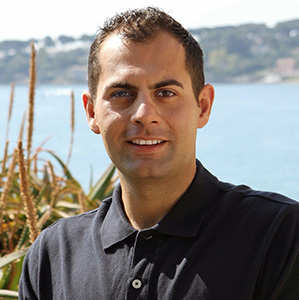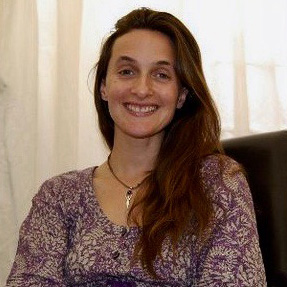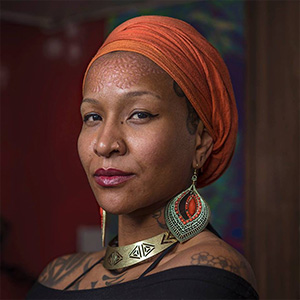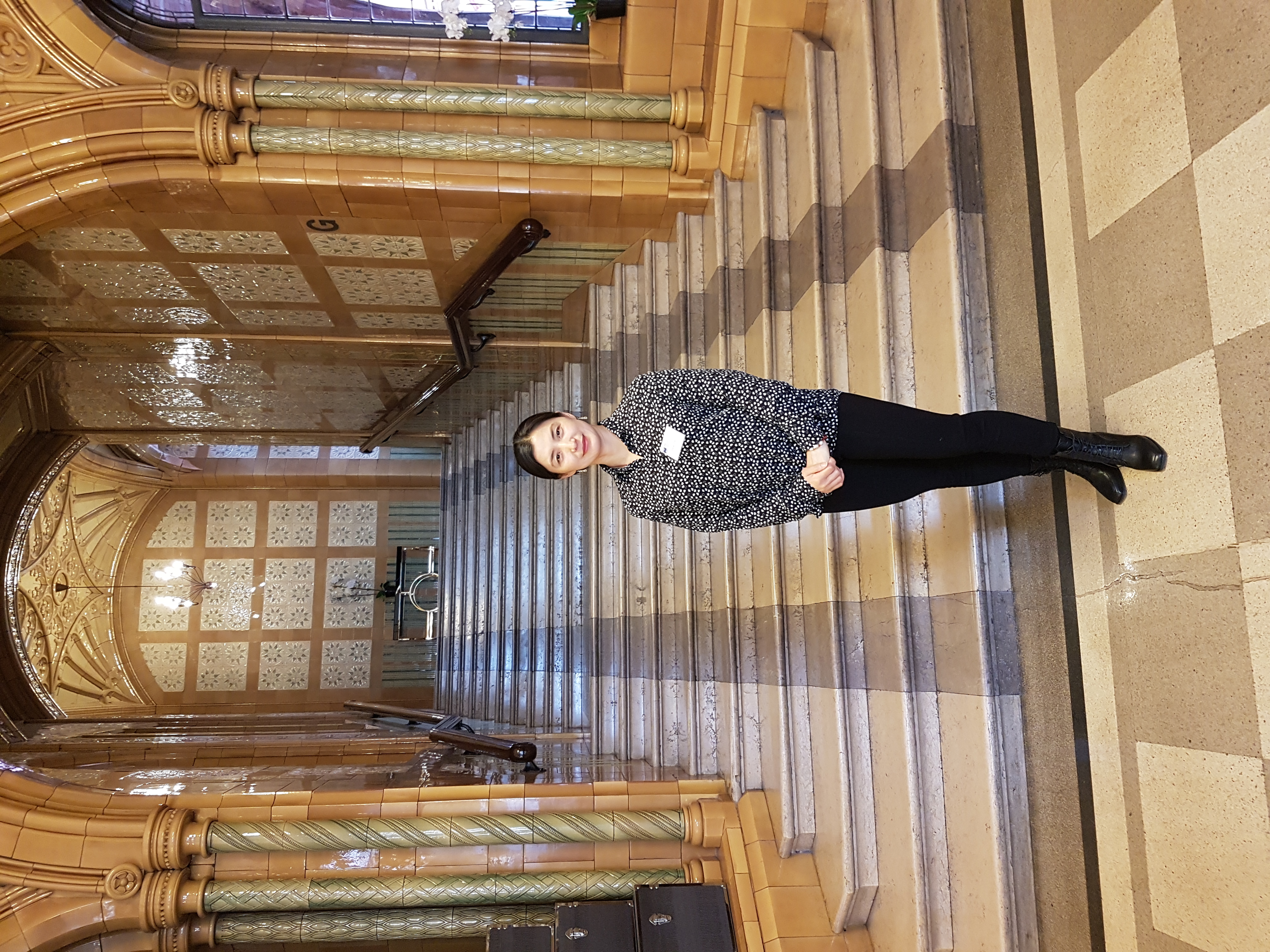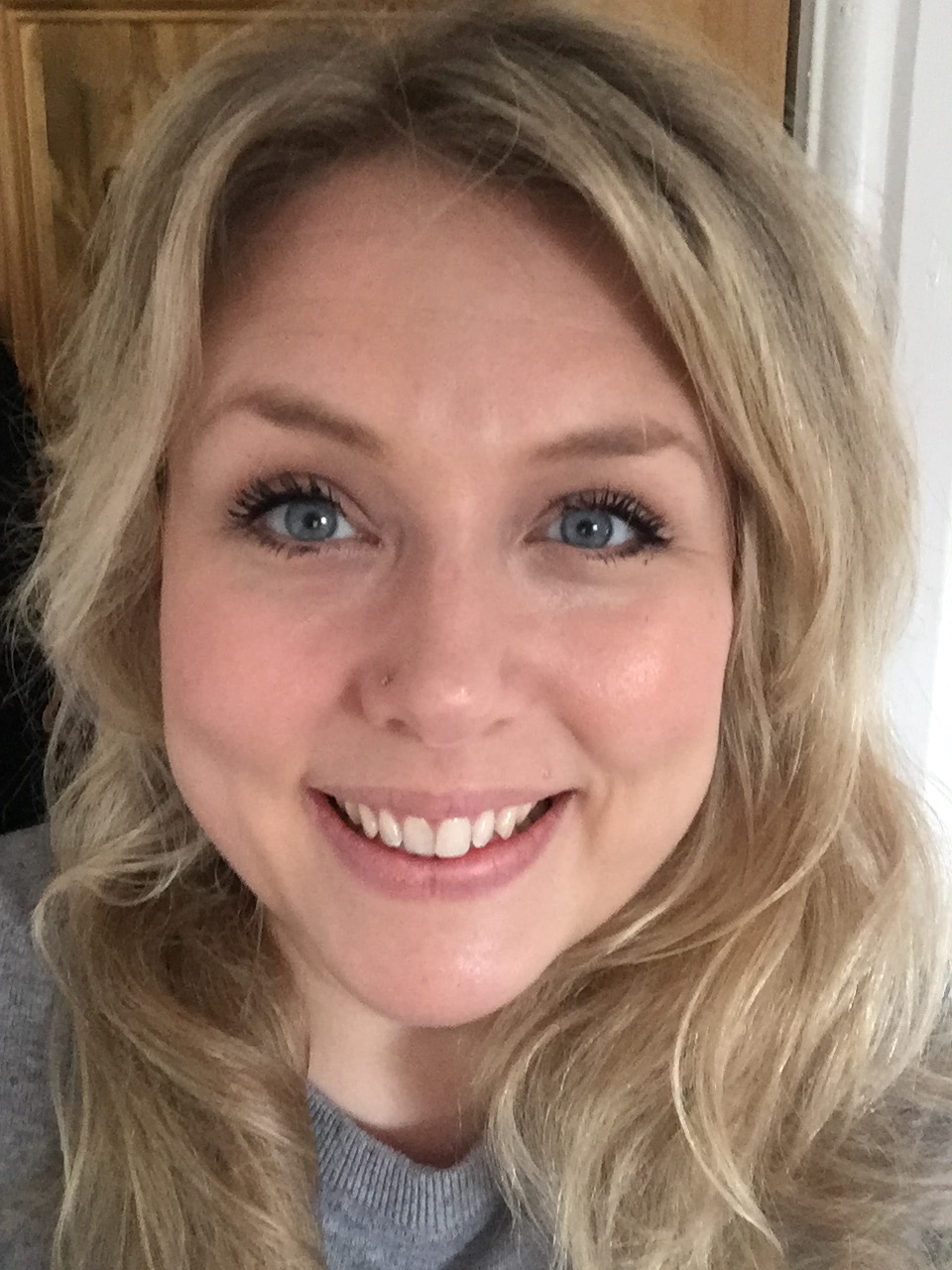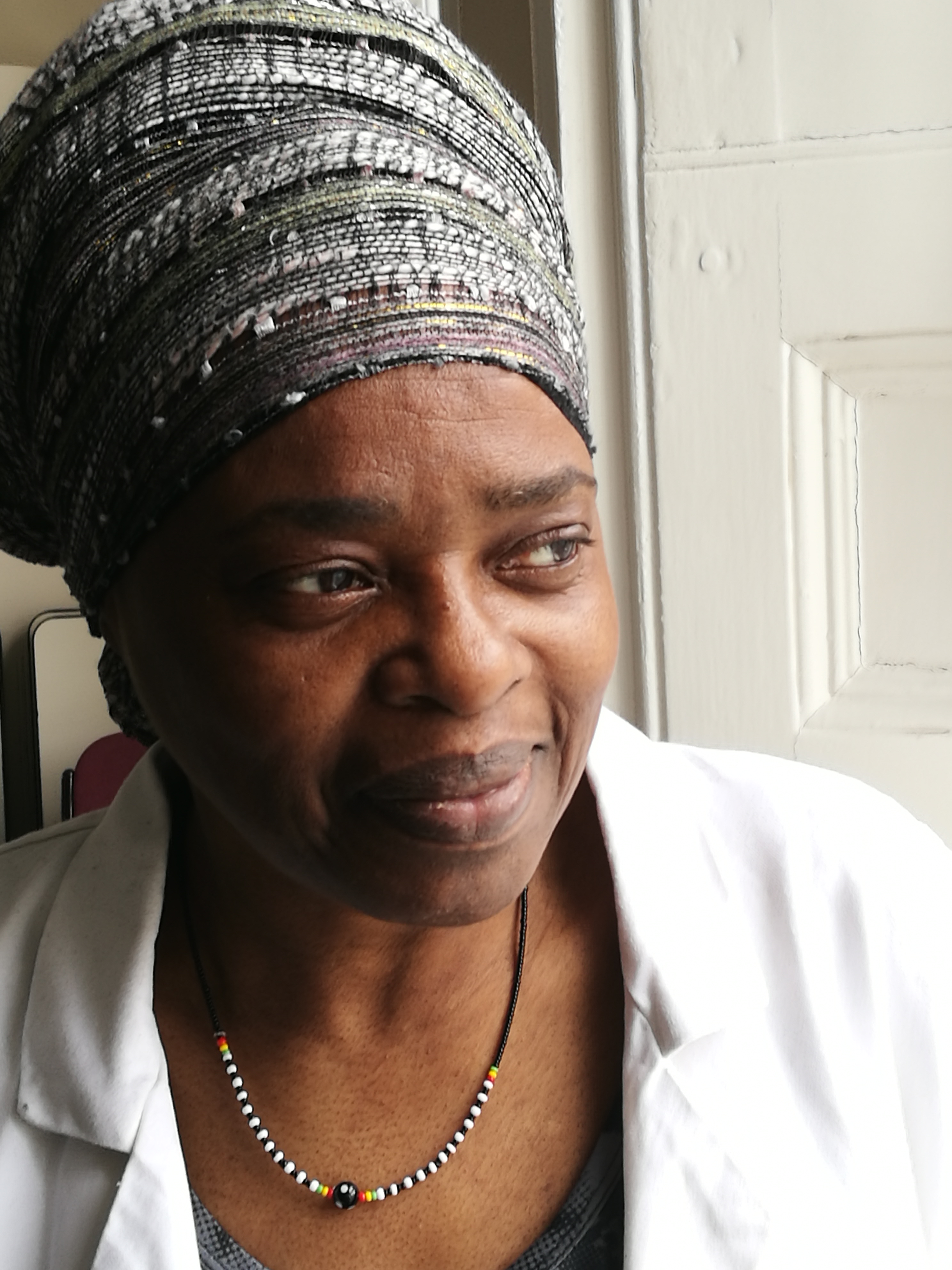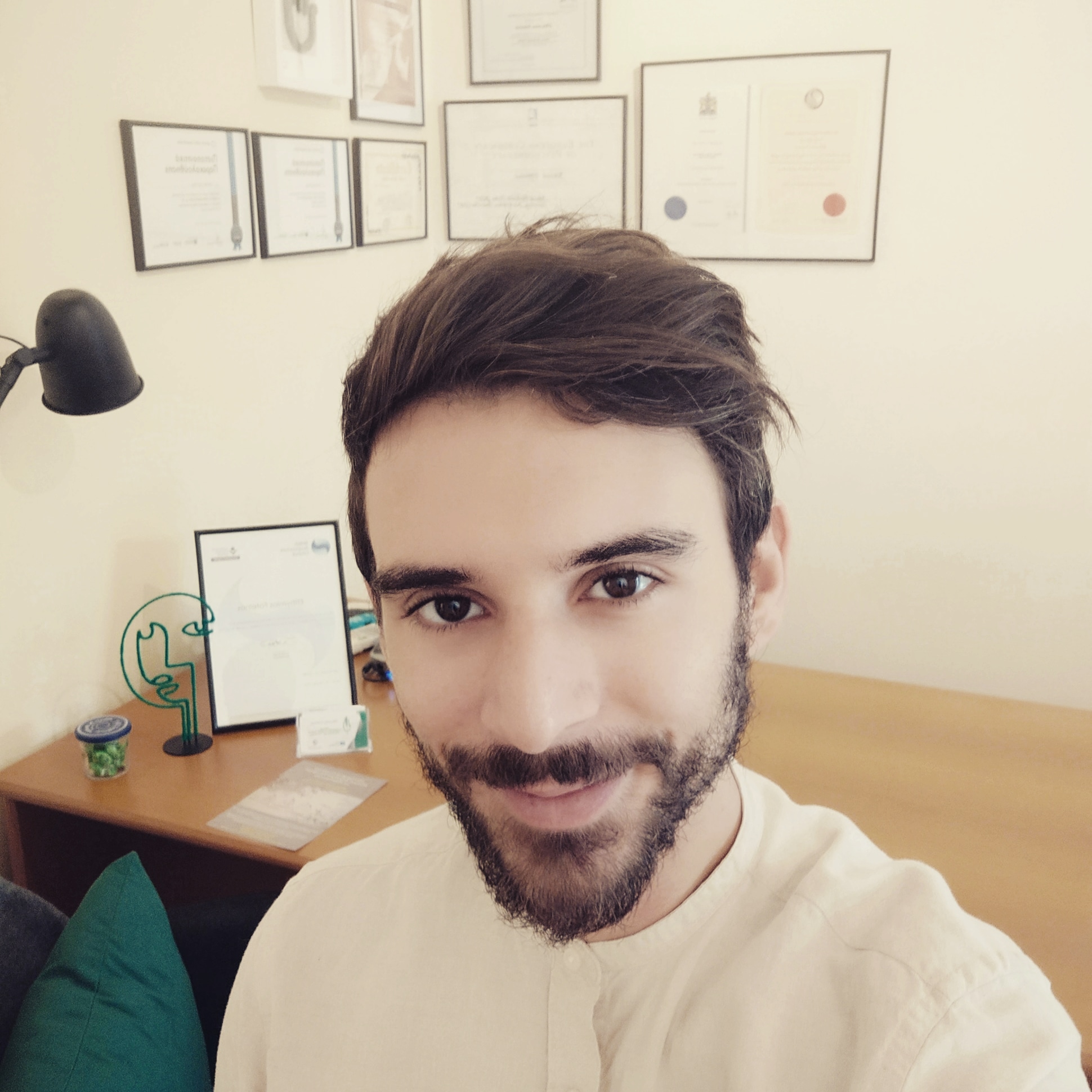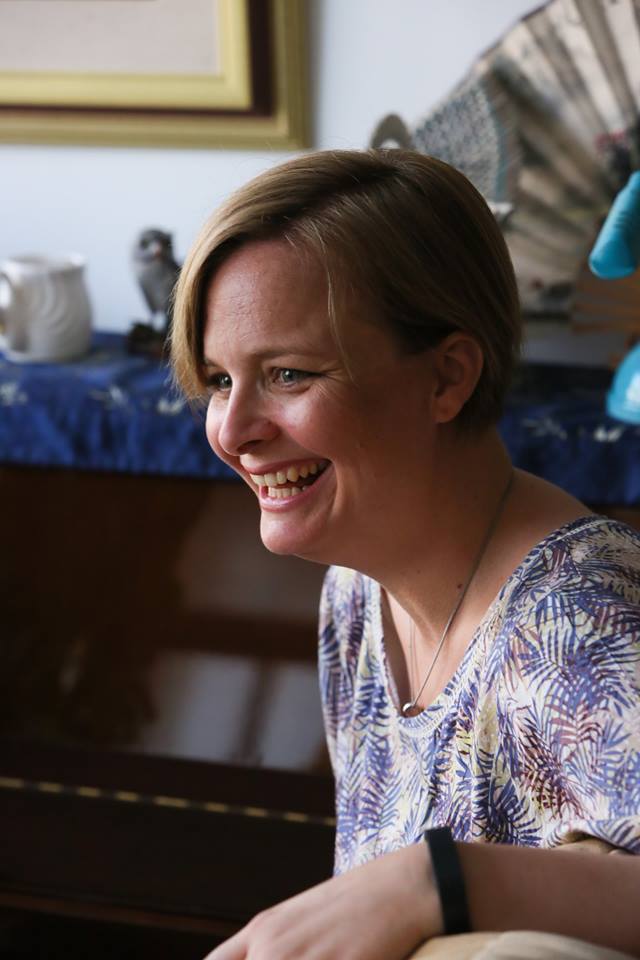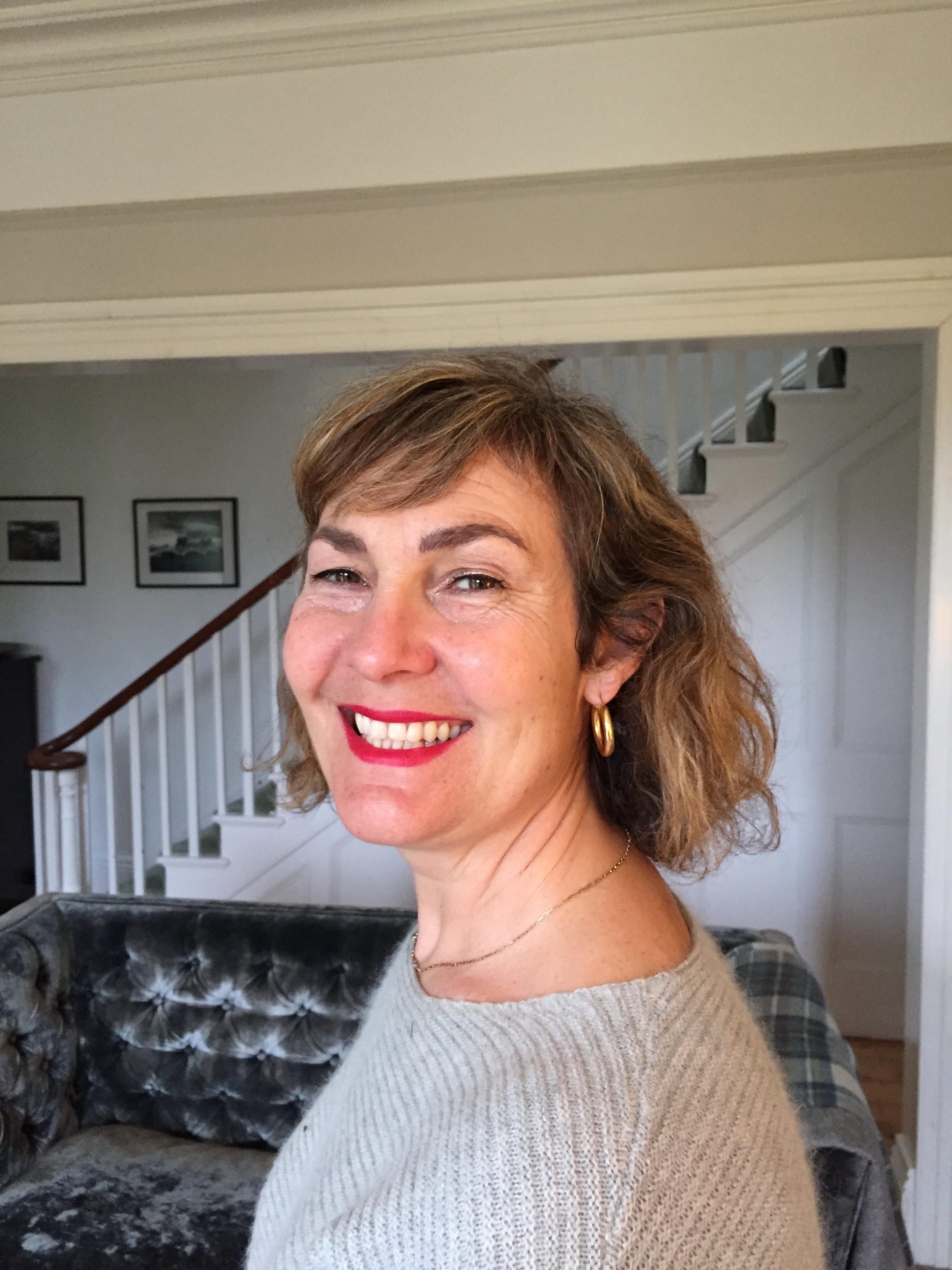Accreditation of Prior Learning (APL) policy
Guiding principles underpinning the accreditation of prior learning (APL) policy.
The following principles are fundamental to the achievement of awards that meet nationally recognised standards of achievement.
- Learning shall be recognised irrespective of the context in which it is achieved.
- It is the achievement of learning, or the outcomes of that learning, and not just the experience of the activities alone that shall be accredited.
- Learning must be evidenced in writing and authenticated at the appropriate level.
- All claims for APL shall be considered with the same degree of rigour and shall be comparable in terms of evidence and effort.
- Decisions regarding the accreditation of prior learning are a matter of academic judgement, informed by professional bodies and other stakeholders.
- The entire APL process shall be transparent to all stakeholders and demonstrably rigorous and fair.
- All staff associated with the accreditation of prior learning shall have their roles clearly and explicitly defined, and underpinned by appropriate staff induction/development.
- Limitations to APL shall be clearly defined.
- Policy and procedures for the accreditation of prior learning shall be subject to regular monitoring and review every five years.
Aims of the policy
- To ensure that applicants who can show that they have passed the appropriate assessments at accredited colleges (or colleges of similar standing in other countries) can gain exemption from the equivalent modules of the degree course.
- To ensure that applicants who require exemption from level 5 credits can show that their prior learning at these levels is sufficiently close in its curriculum, learning outcomes and assessment to those offered by the College. No exemptions are given for level 6 credits.
- To ensure that applicants who have been admitted onto the course at any stage other than the beginning are oriented adequately into the course and College.
Given that there is no standardisation of syllabus or assessment in UK or overseas colleges, it is not possible to formulate a policy to cover all possible cases. The College is guided in its deliberations by the British Acupuncture Council’s Standards of Education in Training for Acupuncturists. The College has therefore formulated procedures to assist it in evaluating the merits of each individual in respect of the stage at which it is appropriate for the student to enter the course. These are:
- Formally asking for a written academic and personal reference from the previous college.
- Assessing the applicant’s prior learning in respect of the College’s curriculum. This is done by the Dean and the Academic Director and may or may not include asking the applicant to sit one or more of the College’s formal assessments. The applicant must be able to provide written evidence that they have passed assessments comparable to the College’s for each of the modules undertaken prior to the point of entry of the applicant onto the course.
- Interviewing the applicant and assessing whether s/he is suitable to be a student of acupuncture and ultimately a practitioner of acupuncture.
- The Executive Committee is consulted before the student is admitted.
Initial contact
The applicant in the first instance fills in the College’s application form. This asks for an outline of the applicant’s educational background and whether s/he thinks s/he may be eligible for an exemption in any area of Conventional Medical Sciences or Chinese medicine.
If the applicant wishes to apply for exemption the Dean will ask them to complete the APL exempt application form. The Dean will seek approval from the Executive Committee and if they approve the application the Dean will then undertake due diligence. The applicant will be asked to send a copy of the curriculum that they have studied and written evidence of their assessment record. Before admission to the College the applicant must provide detailed results of all coursework and examinations taken at their previous college. Once this has been examined by the Dean and the Academic Director one of 3 decisions may then be made:
- To provisionally approve the application. The applicant may be invited to take an assessment to evaluate their competence. Their performance in the assessment or assessments forms part of the evaluation of the appropriate stage for them to join the course. The applicant is invited to attend the College for an interview with the Dean and/or the Academic Director.
- Not to approve the application when the applicant may be invited to attend an interview as a new entrant.
- To request more information either from the applicant or from the applicant’s previous college/institution.
CICM will notify the Kingston University’s liaison officer and Faculty student support officer for Collaborative provision of the application and of CICM’s provisional decision.
The University liaison officer will be responsible for ensuring that any such prior learning complies with the University regulations and will, in conjunction with CICM, monitor the impact on assessment outcomes of such students.
If accepted onto the course, the applicant is given the following in order to orient them within the College.
- A timetable for the class s/he is joining.
- The address and phone number of a regional tutor in their area.
- Copies of all course materials previously given to the class.
- An individual timetable (if appropriate) detailing the sessions they are expected to attend.
- Assessment calendar.
- An Enrolment Agreement.
- A Student Handbook.
- An invoice for fees owing.
Each new student who has joined the course at any stage other than at the commencement has their progress monitored by the Dean and by their personal tutor.

